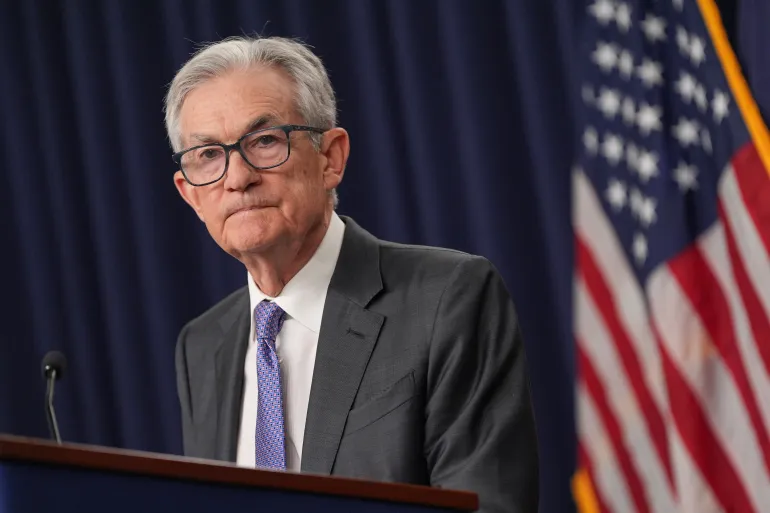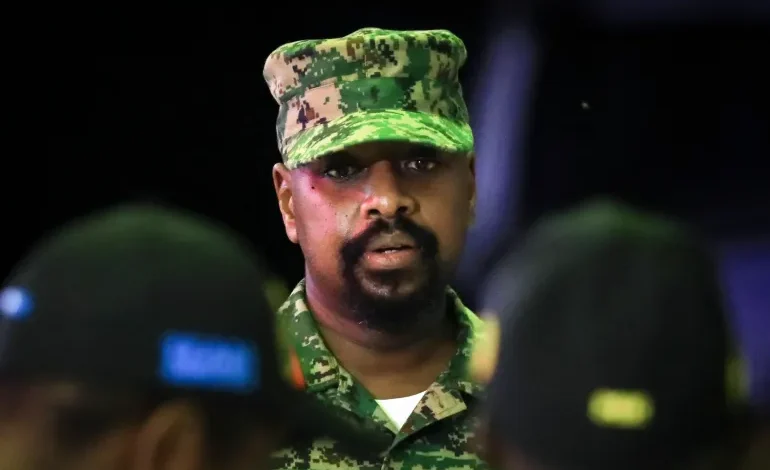Uganda’s parliament has passed a contentious bill permitting military tribunals to try civilians, a move condemned by opposition leaders and human rights groups as an attempt to suppress dissent, as per Al Jazeera.
The government, however, denies these accusations, defending the law as vital for national security.
The legislation reinstates a practice that was struck down by Uganda’s Supreme Court earlier this year. In January, the court ruled that military tribunals lacked legal authority to try civilians and failed to uphold fair trial standards.
Despite the ruling, lawmakers voted on Tuesday to reinstate the military courts’ jurisdiction over civilians.
General Muhoozi Kainerugaba, head of the military and son of President Yoweri Museveni, praised the parliament’s decision on social media, calling the legislators “fearless patriots” and asserting that Uganda would “remember your courage and commitment.”
General Kainerugaba has recently stirred controversy by admitting to holding a missing opposition activist in his basement and threatening violence against him, after the opposition party reported the man’s abduction.
President Museveni’s government maintains that military courts are necessary amid fears of armed opposition and threats to the country’s stability.
Military spokesperson Chris Magezi said the new legislation aims to “deal decisively with armed violent criminals, deter militant political groups seeking to undermine democracy, and ensure national security.”
Opposition MPs and rights organizations argue that the bill is unconstitutional and part of a pattern of government repression.
Uganda has a history of using military tribunals to prosecute political opponents and critics. In 2018, popular musician-turned-politician Bobi Wine faced charges in a military court for allegedly possessing firearms, although the charges were later dropped.










The latest news in your social feeds
Subscribe to our social media platforms to stay tuned